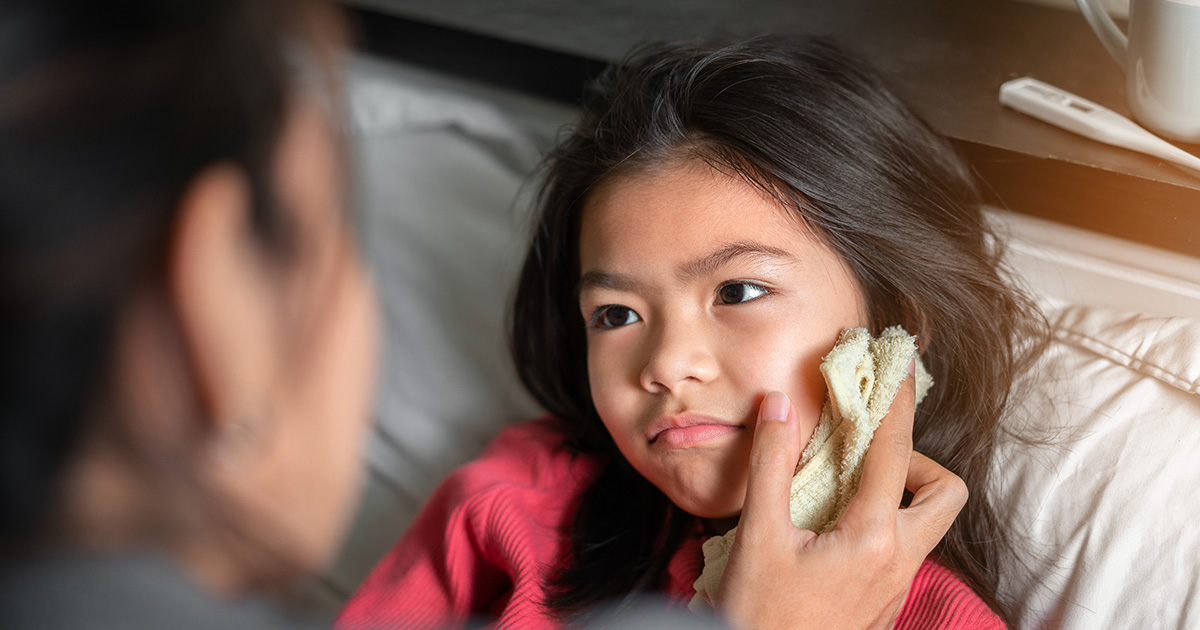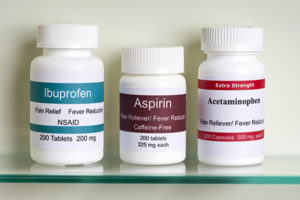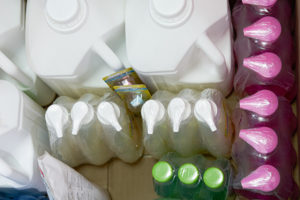
Preparing for illness: What does a sick person need?
The trouble with illness is that you can take every precaution against infection and you still cannot guarantee you won’t get sick. You can never eliminate the risk entirely. You can only reduce the risk of getting a cold, influenza or any other communicable virus.
Improve your chances for a safe flu season.
It’s almost inevitable that you’ll get sick at some point in your life – likely more than once. So, how do you prepare your home to serve you through sickness?
You can be prepared by keeping household staples, so you can avoid an emergency run to the store. That doesn’t mean you need to build a private bunker or stockpile enough toilet paper to last till the end of time, however.
Another thing you can do to be prepared for cold and flu season is getting your annual flu shot and a COVID-19 vaccine booster shot.
Help yourself – and others

Being prepared to cope with routine illnesses is not only important to each individual, it’s also important to our communities.
“One thing that hurts us is that we don’t stay home when we’re sick,” said Troy Erbentraut, director of preparedness and response for OSF HealthCare. “When we don’t stay home, we increase recovery time and put others at risk. The marker is, you should stay home until you’ve gone 24 hours without a fever, not using meds.
“Being prepared creates a level of safety and security that you don’t need to go out right now. That means you won’t infect someone else. It also means shorter lines at the stores. Reducing those downstream effects is what this is all about.”
Planning, not hoarding
“Preparedness boils down to being ahead of the curve,” Troy said. “You don’t really have to buy an amount of supplies outside what you normally do. Preparedness means you always keep a few essential items around so you don’t have to run to the store at midnight.”
An easy way to do that is to purchase one extra item as a backup, then replenish when your primary supply runs out. As Troy puts it: “Buy two and rotate it through.”
Take the notorious toilet paper, for example.
“If you normally go through a four-pack in a week, then buy one extra pack,” Troy said. “Buy another pack when the first runs out. You don’t need to go crazy. You don’t have to buy the most you can find. Typically, outside a doomsday scenario, what world are we in that we can’t get back out in a week? A week should give you plenty of buffer.”
Fill your wellness kit with basic medical supplies
So, what should you always have on hand, in case you get sick?
Start with basic medical supplies, Troy said. A well-stocked first aid kit should include:
- Prescriptions. “Never let them run out. When your supply gets down to a week or 10 days left, get them refilled. Don’t wait for the last pill.”
- Over-the-counter medications. “Watch the expiration dates, and make sure you keep a supply that will last a few days.” Examples:
- fever reducers
- decongestants
- cough medicine
- anti-diarrhea medicine
- Thermometer. “If your fever reducers aren’t working, you need to know. When fever kicks in, you’re usually contagious. If your temperature is 100 degrees or higher, you need to stay in and not put others at risk. Have a thermometer.”
- Facial tissues. They help contain your coughs, sneezes and nose drips. “They don’t expire, and they don’t cost much. They’re easy to keep on hand.”
Food, drink and cleaning agents

Other items that should be part of your household stock:
- Food and drink. “Having food in the pantry means I don’t need to go to the store,” Troy said. “It’s easier to stay home and recover. I don’t need a deep freezer stocked with half a hog, but canned soup, some decaffeinated tea or hot fluids are good for you.”
- “Any virus-related illness can live outside the body for a period of time, so it’s important to keep door handles, work areas, countertops and things like that clean,” Troy said. “Always have Lysol, or something like that.”
- Hand soap and hand sanitizer. Keep your hands clean and disinfected to help reduce the spread of germs.
- Laundry detergent. “Don’t let that run out,” Troy said. “If something happens, I can always wash my sheets and clothes.”